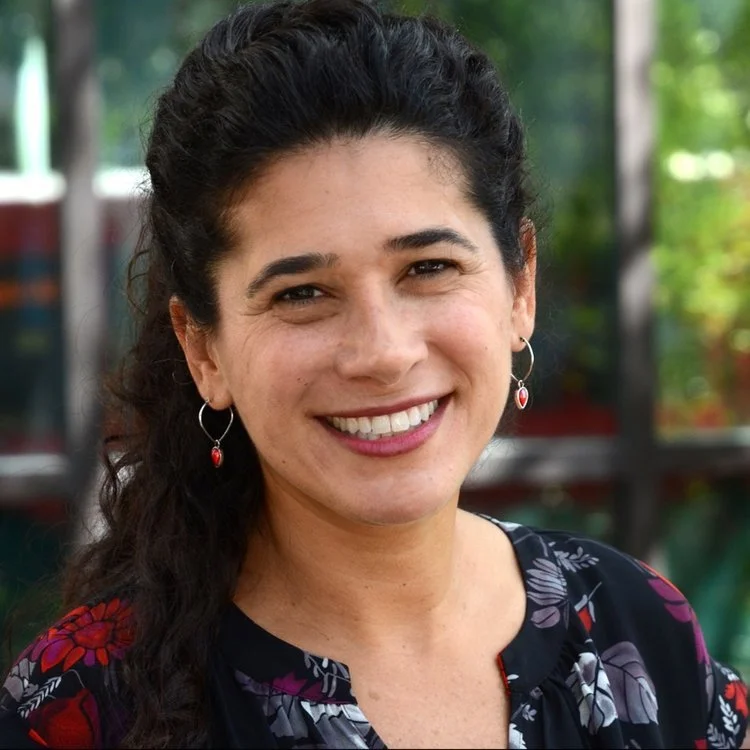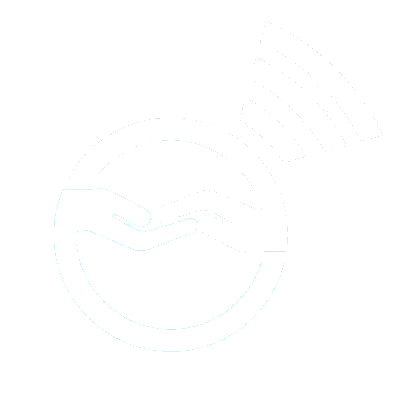Transdiagnostic Sleep and Circadian Intervention + Bright Light (Trans-C+BL)
Suicide is the second leading cause of death in youth, and recent statistics indicate disproportionate risk for suicidal behavior among Black youth. Despite this, a few interventions effectively prevent youth suicidal thoughts and behaviors (STB). Sleep difficulties may be a particularly promising target for youth STB prevention efforts. To date, no intervention targeting sleep difficulties have been examined among youth at-risk for STBs nor tailored to Black youth; this research is critical for maximizing intervention acceptability and impact.
Project Description
This research is being done to find out whether sleep interventions can improve sleep habits in young people who have mood symptoms and/or suicidal thoughts and behaviors. Participation will include a participant being randomly assigned to one of two study conditions:
One study condition involves: a) about 6–8 video sessions with a sleep therapist, b) completing sleep diary via text or email, c) wearing an activity tracker watch, d) using bright light glasses in the morning and blue-light blocking glasses in the evening, and e) receiving graphs showing your sleep and sleep/wake patterns.
The other study condition involves: a) wearing an activity tracker watch, b) completing a daily sleep diary each morning and evening via text or email, and c) receiving graphs showing your sleep and sleep/wake patterns. There are no sessions with a sleep therapist and no bright light or blue blocking glasses in this condition.
Sleep Watch
Blue Light Blocking Glasses
Bright Light Glassses
ClinicalTrials.gov ID
FAQs
-
We will essentially ask a computer to “flip a coin” to decide which group a participant will be assigned to.
-
Participation will last up to 17 weeks
-
Each participant could earn up to $180
-
75 participants in the ETUDES Center Pediatric Primary Care study who have difficulties with sleep and are age 12-18 will participate in this study.
-
All participants will schedule a virtual onboarding meeting with study staff. During this meeting, staff will push the randomization button, which will determine which intervention the teen will receive.
For those randomized to TSC + Sleep Feedback, onboarding will last 30–45 minutes. During this call, a study team member will review each part of the intervention in detail and explain all of the study equipment that will be sent via mail
For those randomized to Sleep Feedback only, onboarding will take approximately 20 minutes and include a detailed explanation about all of the study equipment that will be sent via mail
For all participants, a second virtual call lasting 10–20 minutes will be scheduled once the equipment is received. During this call, the teen will learn how to use the equipment and download the associated app to their phone.
-
Participation looks different depending on which arm the teen is randomized to. All teens will be asked to wear an activity watch (like a FitBit) every day for 4 months, and complete sleep diaries 2x/day via text or email.
For TSC + Sleep Feedback: Teens will
Complete 6-8 video sessions with a sleep therapist. Each session lasts 45-60 minutes.
Wear bright light glasses for 30 minutes in the morning and blue light blocking glasses in the evening two hours before you plan to fall asleep. You will wear both pairs of glasses daily for about 4 months.
Review graphs showing your sleep/wake patterns
For Sleep Feedback Only: Teens will
Review graphs showing your sleep/wake patterns
-
Given the increasing independence of teens, TSC is primarily focused on teens. However, you may lean on your parent to shape or support changes to your sleep habits. You and the study team can discuss if and how to include your parent(s) to achieve your goals. As such, the level of parent participation will likely vary across participants and in some way is up to you!
We may also loop parents in if we’re having trouble getting in touch to schedule assessments or sessions.
-
Wearing the watch (actigraph)
Minor irritation or discomfort with wearing the actigraph (sleep watch) for a long period of time. However, it is of no greater risk than wearing a regular watch.
Talking with a sleep therapist and answering questions about your sleep/mood
Some people may feel distressed talking about or answering questions about their sleep and mood. The sleep therapist is a master’s level clinician, trained to help if you are distressed, or your sleep gets worse.
Like with any effort to change behavior, you may notice feeling sleepier or more dysregulated before you start to notice improvements. You may also feel like some sleep symptoms aren’t getting better.
It’s important to bring these observations up to your sleep therapist. Research shows that talking about your sleep with a sleep therapist may improve your sleep.
Bright light glasses
Bright light treatment is considered safer than sunlight. These glasses are commercially available and already in use in the general population. Possible side effects include headaches, eyestrain, nausea, and agitation. Often these side effects go away on their own.
Overexposure to bright light may cause mania in folks with bipolar disorder, but this is rare. Still, folks with bipolar disorder should not participate in TSC.
Please notify study staff of any side effects at any time.
-
Yes, participants can wear the bright light and blue blocking glasses if they already wear glasses to correct their vision. They will fit over your glasses.
Team
-

Tina Goldstein, PhD
Principal Investigator
-

Ariel Williamson, PhD, DBSM
Co-Investigator
-

Peter Franzen, PhD
Co-Investigator
-

Adriane Soehner, PhD
Co-Investigator
-

Beth Hafer, M. Ed
Project Coordinator
-

Emily Alexander
Clinical Research Lead, Project Manager
-

Kelsey Bero
Sleep Therapist
-

Shruti Kinkel-Ram, MA
Sleep Therapist
-

Giana Teresi
Sleep Therapist
-

Delainey Wescott, MS
Sleep Therapist
-

Shantele K. Weaver
Research Associate




